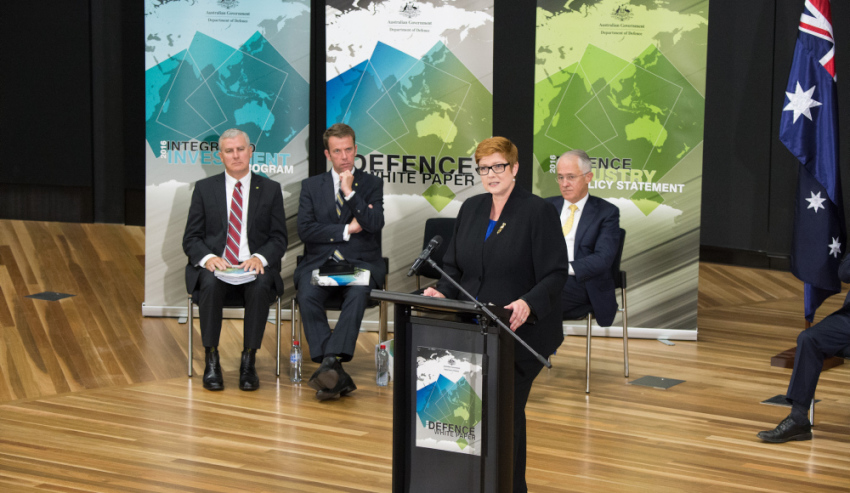A leading business lobby group has urged the Turnbull government to cease in its goal to maintain a budgetary spend of 2 per cent of gross domestic profit (GDP).
To continue reading the rest of this article, please log in.
Create free account to get unlimited news articles and more!
The Australian Chamber of Commerce has lodged its pre-budget submission to Treasurer Scott Morrison, where it has questioned the merit and reasons behind Defence being the only portfolio that has a specific GDP target and is calling for a review of the strategy.
The Chamber said, while it supports the development of a local defence industry, it must be "fit for purpose and and be affordable". The submission also called for the government to introduce an efficiency board "to find savings in the large, complex spending areas of defence", as well as health, education and social security.
The submission will face fierce opposition from those in defence, with a spokesman for the Minister for Defence telling Defence Connect the government is committed to the spend and projects outlined in the 2016 Defence White Paper.
"In February 2016, Prime Minister Turnbull and the Minister for Defence released the government’s 2016 Defence White Paper, which is a comprehensive, fully costed, responsible long-term plan for Australia’s defence," the spokesman said. "For the first time, it properly aligns strategy, capability and resources to ensure that we can continue to ensure a safe and secure Australia."
Key to our defence strategy is an increase in defence funding, which will grow to 2 per cent of Australia’s Gross Domestic Product by 2020-21. This funding commitment by the Turnbull government provides a sustainable basis for building a more capable, agile and potent Australian defence force that is able to respond to current and emerging challenges."
Others in defence and the industry have called for a higher GDP spend target. New Liberal senator and retired senior Army officer Jim Molan recently called for the government to increase its Defence spending to avoid running out of missiles and fuel in any future conflict.
Molan said Australia had an expectation, not a right or guarantee, that the US would come to its aid in extremis, but there seemed to be strong grounds to question that expectation and adjust defence policy, while remaining a staunch US ally.
"Until I deployed to Iraq with the US military in 2004-05, I made the common mistake of assuming US power was infinite," he wrote in The Australian newspaper.
"The US was indeed powerful after 1945 and even more powerful winning the Cold War."
"But still we need to defend our national interests independently. In particular, we need to address our critical vulnerabilities around fuel security and high-end weapons holding. Without doing so, we could be reduced to impotence in less than a week."

 Login
Login







